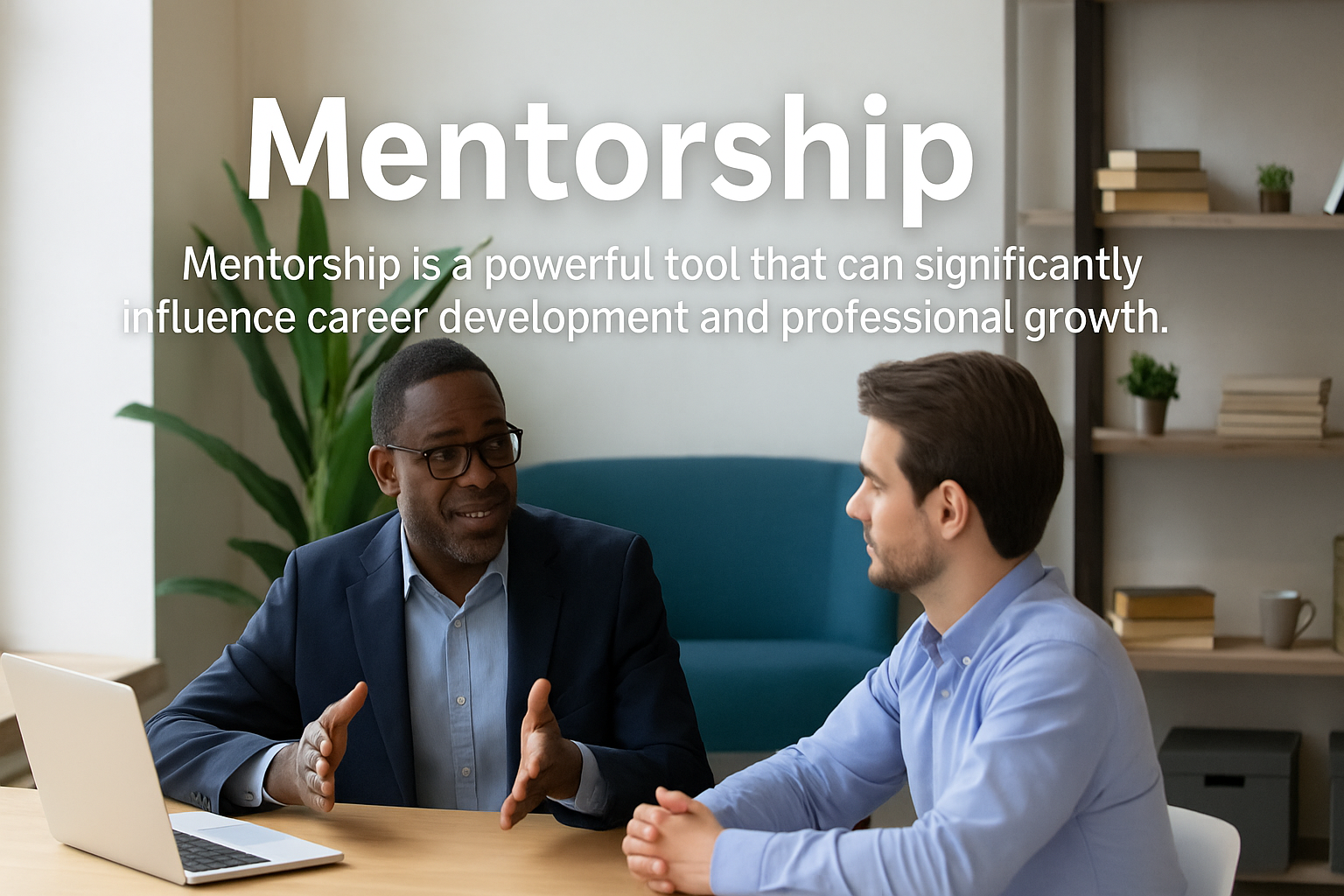
The Role of Mentorship in Career Growth
Mentorship is a powerful tool that can significantly influence career development and professional growth. In today's fast-paced work environment, having a mentor can provide invaluable guidance, support, and insight that can help individuals navigate their career paths more effectively.
Understanding Mentorship
Mentorship involves a relationship where a more experienced individual (the mentor) provides guidance and advice to a less experienced person (the mentee). This relationship can take many forms, from formal programs within organizations to informal arrangements between colleagues. The benefits of mentorship are numerous, including enhanced skill development, increased confidence, and expanded professional networks.
Benefits of Having a Mentor
- Skill Development: Mentors can help mentees identify areas for improvement and provide resources or advice to enhance their skills.
- Networking Opportunities: A mentor often has a broader network and can introduce mentees to key contacts in their industry.
- Career Guidance: Mentors can offer insights into career paths, helping mentees make informed decisions about their future.
- Emotional Support: The journey of career advancement can be challenging, and having a mentor can provide the emotional support needed to overcome obstacles.
How to Find a Mentor
Finding the right mentor can be a crucial step in career development. Here are some tips:
- Identify Your Goals: Understand what you want to achieve in your career and look for mentors who align with those goals.
- Leverage Your Network: Reach out to colleagues, industry contacts, or professional organizations to find potential mentors.
- Be Open to Different Perspectives: A mentor does not have to be in the same field; sometimes, insights from different industries can provide unique perspectives.
- Ask for Guidance: When approaching a potential mentor, be clear about what you are seeking and how you believe they can help.
Conclusion
In conclusion, mentorship plays a vital role in career growth and development. By seeking out mentors, individuals can gain the support and guidance necessary to navigate their professional journeys successfully. Whether through formal programs or informal relationships, the impact of mentorship can be profound, leading to enhanced skills, greater confidence, and a more robust professional network.
















